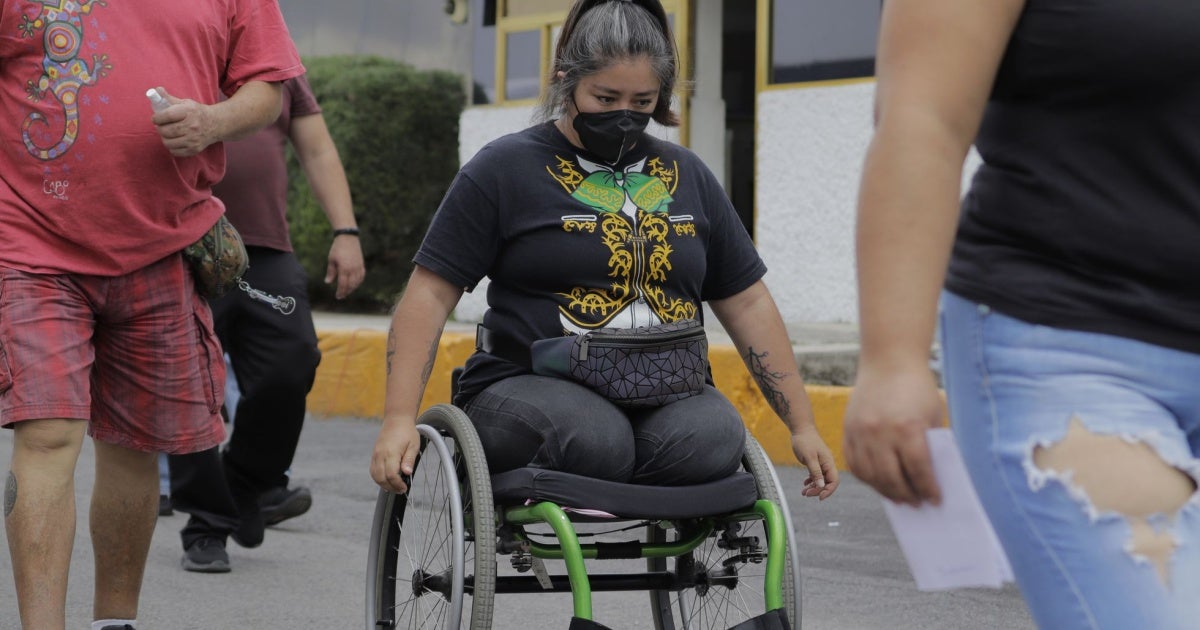Olga, a 45-year-old woman with cerebral palsy, rarely leaves her home to meet up with friends or attend other social activities. Her only outings, apart from attending the school she has been going to since childhood, are summer camps. To take control of her life, Olga needs a support system that allows her to study for her career, develop her professional skills, fully exercise her political rights, live independently, and participate in her community. These are basic rights that everyone should have, including women with disabilities.
Since 2017, policymakers at state and federal levels in Mexico have been discussing care and support policies as key to addressing the gender inequalities faced by women like Olga and older women. In addition, women’s rights advocates in Mexico have been lobbying politicians to take care and support issues seriously.
Recently, the state of Jalisco passed the first long-term care law in Mexico. Although the adoption of this law is an achievement, it does not coincide with the right of people with disabilities and older people to live independently and be included in their communities. This is particularly important for people with disabilities and older women, who face a greater risk of discrimination without legal protection.
Furthermore, the law is problematic in that it portrays people with disabilities as dependent beings in need of care, despite existing international standards on how to create respectful, rights-based care and support systems. The Jalisco Congress did not adequately consult with disability organizations to gather input on the content of the law. Consultation is key to ensuring an inclusive support system that rights holders can access, manage and control, and that also responds to gender-based needs. Disability organizations know best how to address the diverse support needs of people like Olga.
This International Women’s Day, policymakers should prioritize, consult and listen to the rights, needs and voices of women with disabilities and older women to develop strong public policies that uphold the right of everyone to live independently and be included as part of their community, so that care policies do not violate good practices and are responsive to the needs of those affected.

